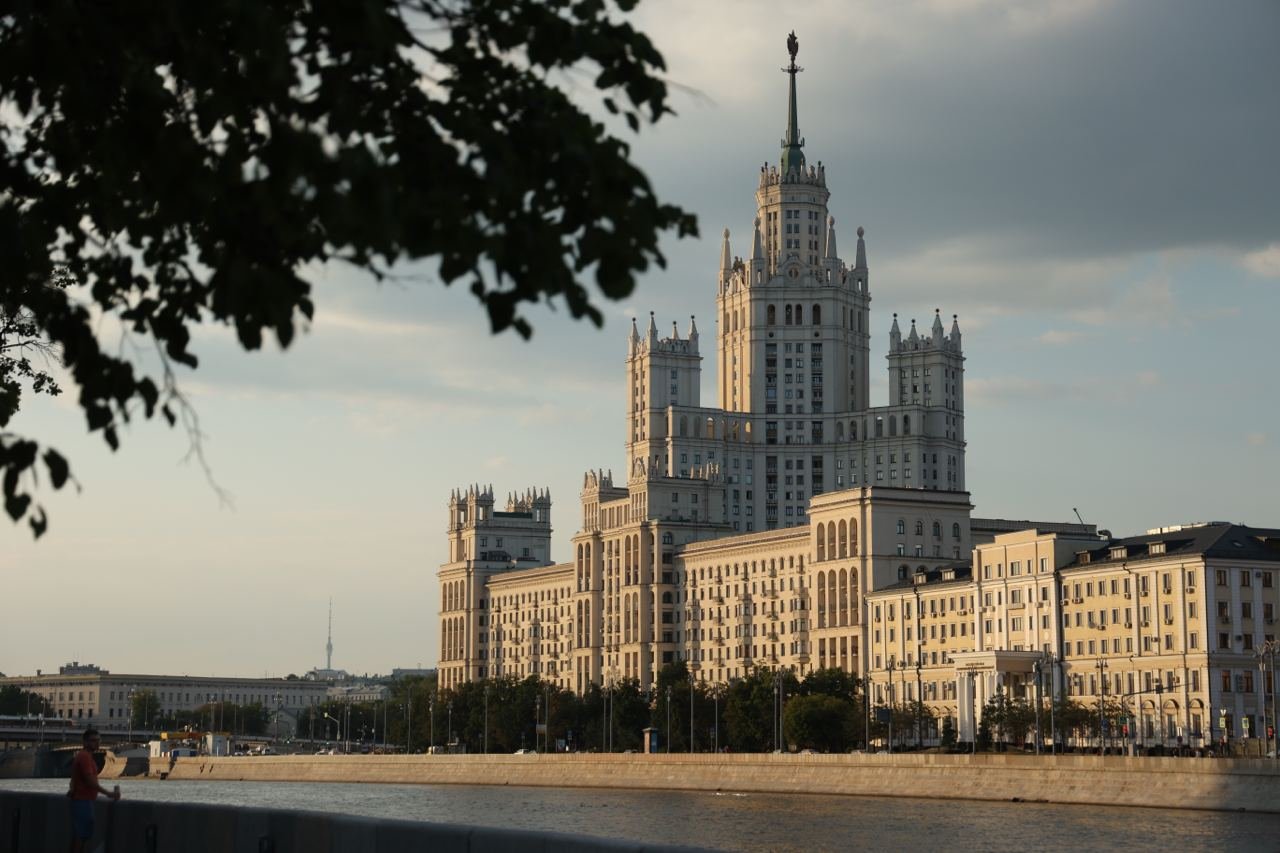
The last year has proved to be a real test for the Russian hotel industry. Withdrawal of international chains, a reduction of the foreign tourist traffic, and the emergence of new services has forced hoteliers to restructure quickly. We tell you what this has led to, based on Moscow.
New market structure
By the end of 2022, the number of classified accommodation facilities (CAF) in Moscow exceeded 1,900, of which one third (597) are 3–5-star hotels (385 are 3-star hotels, 170 are 4-star hotels, and 42 are 5-star hotels). There are over 97,000 rooms in Moscow, capable of accommodating 374,000 people.
Moscow ranks second in the country in terms of CAF, rivaled only by Krasnodar Region (a thousand more), and first in terms of room capacity (Krasnodar Region ranking second with 47,000 fewer beds). The potential capacity of the existing Moscow CAF market is 20.8 million guests per year.
In 2017–2019, the average Moscow CAF occupancy was 77%. In summer and during major city events (May holidays, Moscow Urban Forum, City Day, Journey to Christmas Festival, etc.), occupancy reached 90%. In 2022, despite the complicated geopolitical situation, the average annual occupancy of the capital’s CAF was 60%, or 12 million guests (according to Mostourism estimates).
Focus on domestic tourism
According to hoteliers, at the moment, at least 60% of the total accommodation volume is occupied by Russian individual tourists, and this share is continuing to grow. Moscow CAF are accommodated by guests from St. Petersburg, Nizhny Novgorod Region, the Republic of Tatarstan, Krasnodar Region, Sverdlovsk, Samara, Rostov, Novosibirsk and Voronezh Regions, and the Republic of Bashkortostan more actively than others. Muscovites and residents of Moscow Region often become guests of the capital’s hotels (they account for about 15% of accommodation).
Among tourists from the neighboring countries, citizens of Belarus, Kazakhstan and Uzbekistan most actively booked Moscow hotels. The list of guests from abroad is headed by those arriving from Turkey, China, Iran, India, and Egypt. They have common preferences—3, 4 and 5-star hotels.
Growth of small business
Currently, the number of employees in the hotel industry in Moscow is 30,000 people. Last year, the average daily turnover of all hotels totaled 249.7 million rubles per day (+23% by 2019). At the same time, the share of small and medium enterprises (SME) accounted for about 45% of daily turnover, i.e. 112.1 million rubles (versus 64.9 million rubles in 2019).







